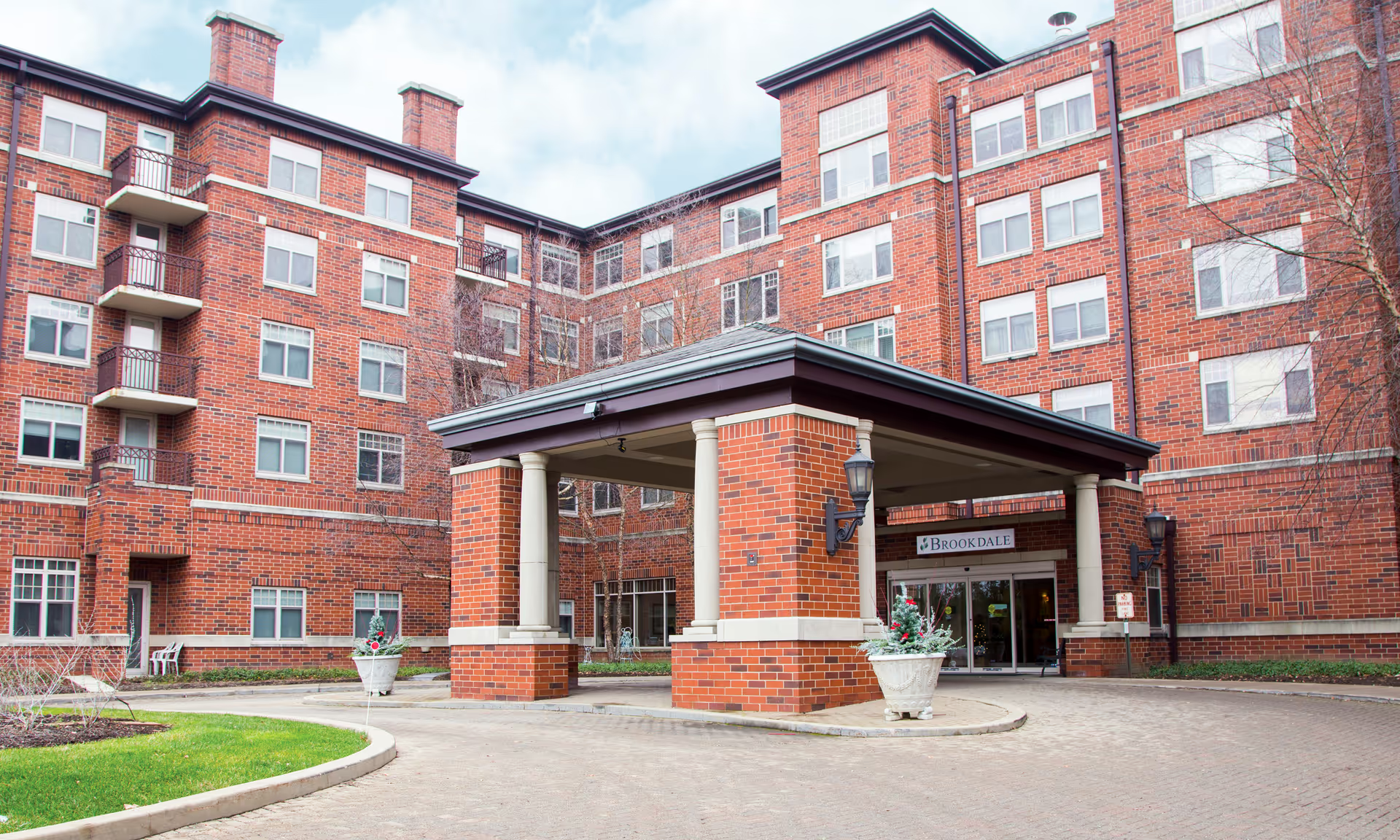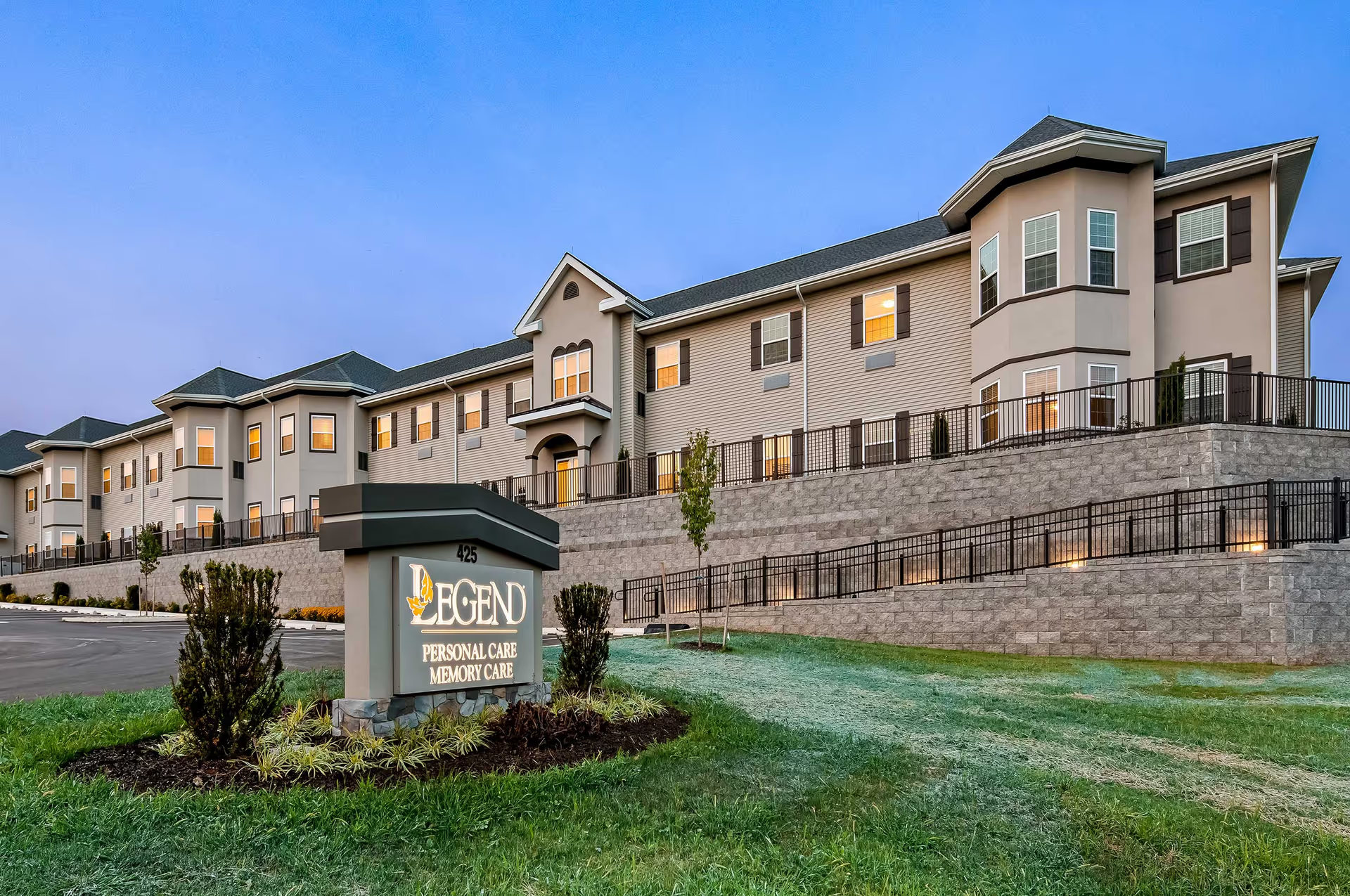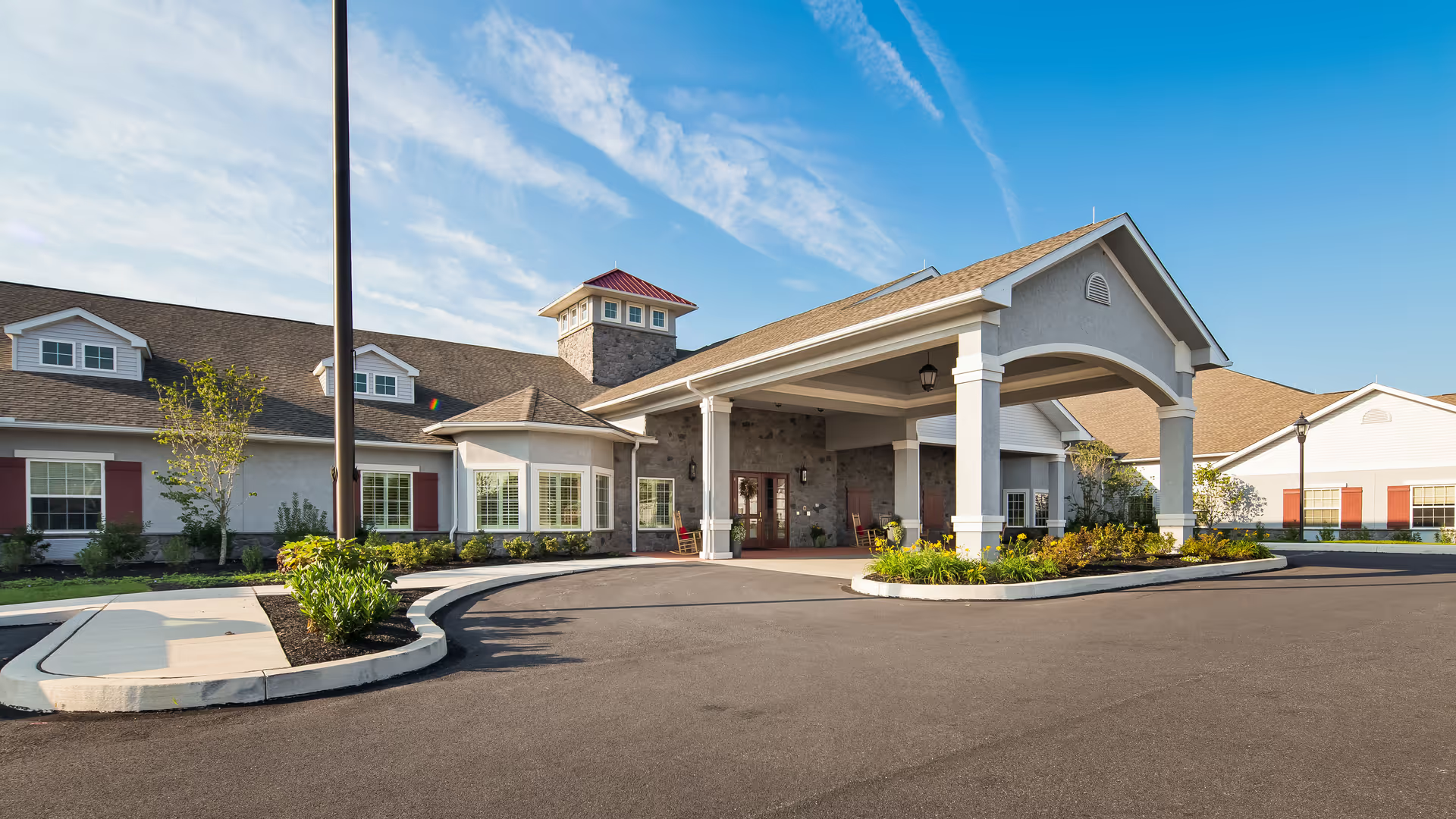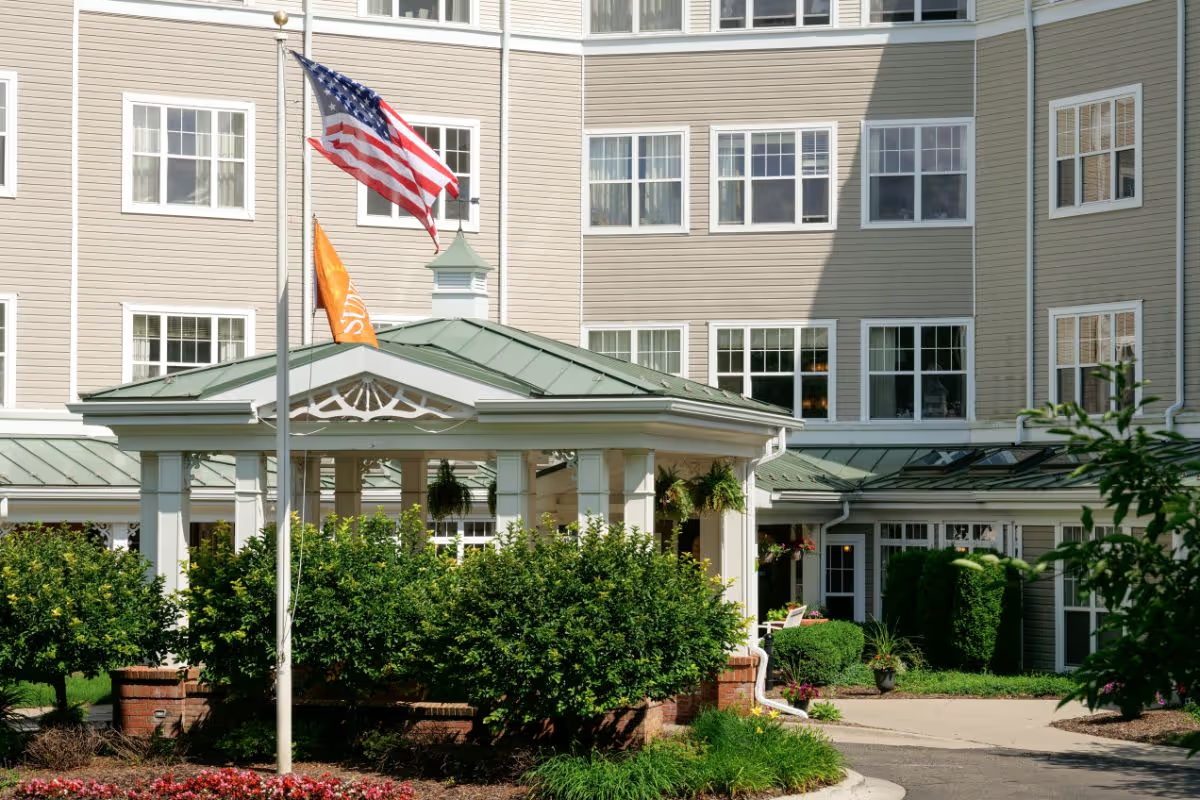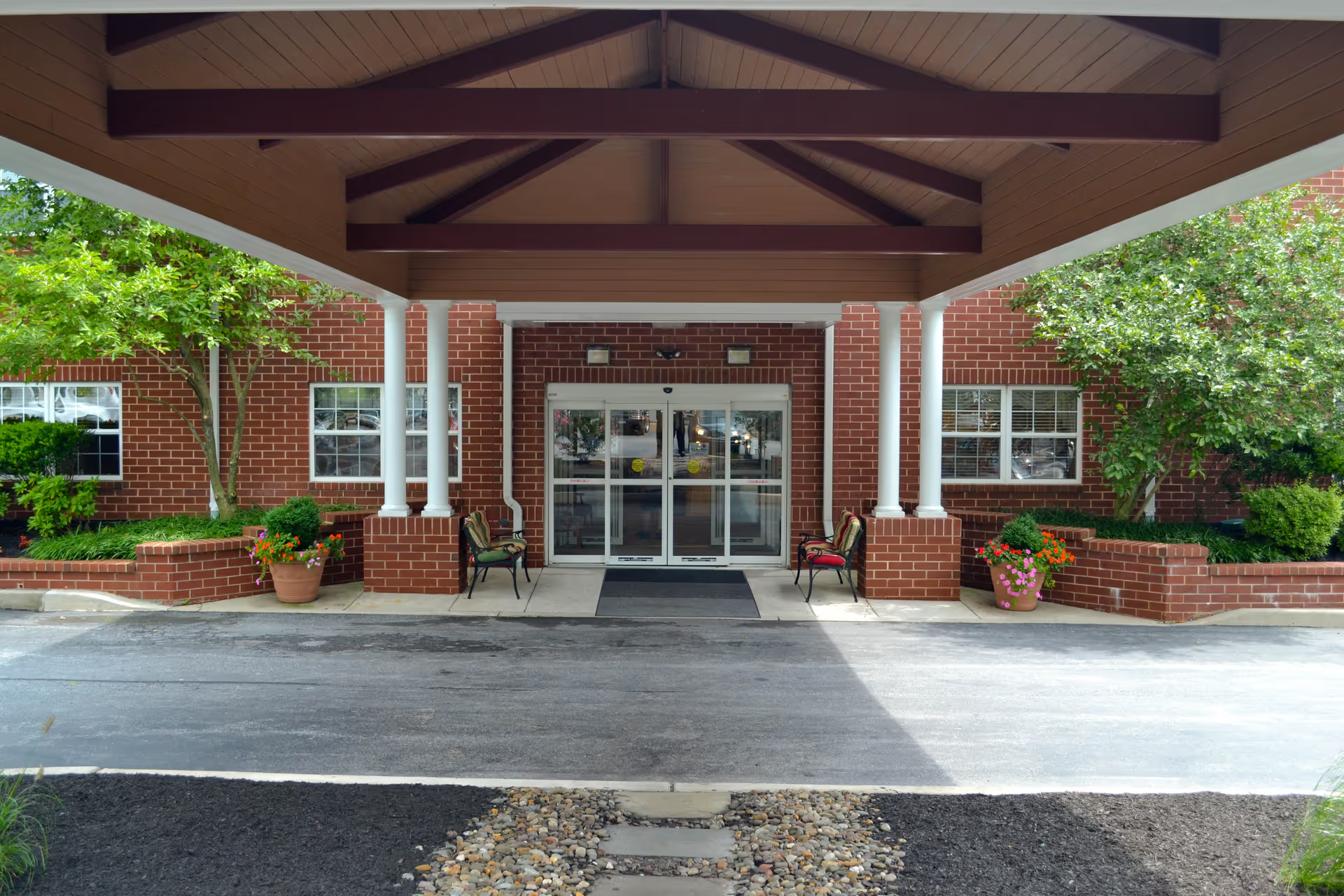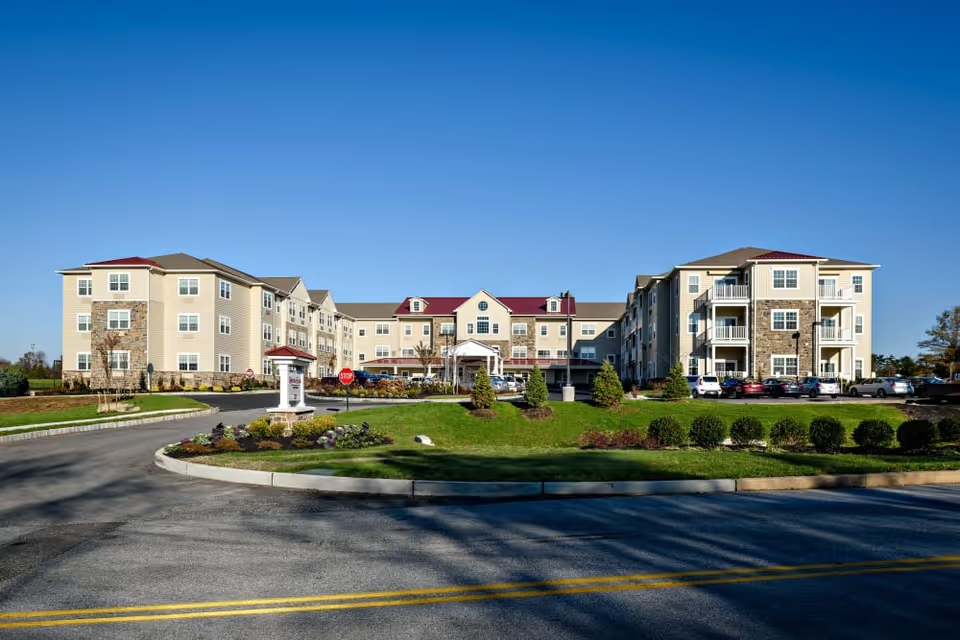Overall sentiment across the review summaries is highly polarized, with clusters of reviews describing an attentive, improving, and well-run facility and a substantial set of reviews describing neglect, unsanitary conditions, and dangerous staffing shortfalls. Many reviewers praise caring aides, knowledgeable clinical staff, effective therapy programs, good food options, and recent building or administrative improvements. At the same time, a large number of reports raise serious safety and quality concerns: persistent understaffing, ignored call bells and multi-hour nurse response delays, unmet basic needs, infection events, medication and wound-care failures, and instances of theft. The result is a facility that appears to vary greatly in resident experience depending on unit, timing, or leadership changes.
Care quality and safety are major themes. Numerous summaries allege that residents were left unattended for long periods, with specific accusations including unanswered call buttons for hours, a delayed nurse response reported as long as 2.5 hours, and a roommate found dead and reportedly left in the room for nearly 24 hours. Reviewers report wound dressings not being changed as ordered, development of pressure injuries, frequent falls (sometimes tied to lack of safety rails or equipment), and medication administration problems. Several reviews link these failures to understaffing and poor supervision; some allege negligent behavior such as nurses sleeping in dining rooms or staff not being present at the nurse station. There are also multiple reports of infections and hospitalizations, including a COVID outbreak mentioned in the summaries.
Facility condition and housekeeping are another consistent area of concern. Many reviewers describe filthy hallways and rooms, pervasive urine odor, mold around toilets, leaking toilets, trash on the floors, dirty elevator and corners, and shared bathrooms going unclean for extended periods. Basic supplies are frequently reported as lacking — linens, towels, blankets, items for hygiene, and even bedpans or urinals unavailable for more than 24 hours in some accounts. Maintenance problems such as an elevator out of service for months and slow or absent repairs are also highlighted, which compounds safety and access issues for residents.
Staff behavior and responsiveness show stark contrasts. Positive reviews emphasize friendly, compassionate, and professional staff, an involved administration, and a team that communicates well with families. Negative reviews, however, describe rude or hostile nurses and kitchen staff, unreturned phone calls, difficulty reaching a staff member, and allegations of theft (missing clothing or glasses attributed to staff). Several summaries also report that staff ignored family concerns, failed to advocate for needed rehab, or provided inadequate therapeutic services; conversely, other reviews specifically praise the rehab staff and therapy outcomes. This split suggests inconsistent performance across shifts, units, or time periods, and/or recent changes that have improved conditions for some but not all residents.
Dining, activities, and supplies receive mixed feedback. Multiple reviewers called meals awful or criticized kitchen staff behavior; others praised a good food selection and improved meals. Activities and resident engagement are noted positively in several summaries where residents are described as happy and active. However, complaints about missed meals, limited showers, lack of chairs in rooms or lobby, and being excluded from activities also appear. Equipment and mobility support are again inconsistent — some reviews report a proper therapy gym and rehab resources, while others say advertised physical therapy was denied or inaccessible.
Management and trends: many reviews accuse management of ignoring problems, being slow to respond, or failing to approve needed safety equipment (e.g., safe wheelchairs). Yet some summaries explicitly say there was a positive trajectory after leadership changes: improved responsiveness, building repairs, better food, and stronger teamwork between administration and direct care. This suggests a recent leadership transition in which some families noticed marked improvement while others either experienced the earlier poor conditions or still see gaps in implementation. Several reviewers strongly urge regulatory attention, with a few saying the facility should be shut down; others strongly recommend the facility and report excellent care.
In summary, the reviews portray Spring Hill Rehabilitation and Nursing Center as a facility with deeply divided resident experiences. The negative reports raise urgent safety, sanitation, staffing, and medication/wound-care concerns that could endanger residents and warrant investigation. Simultaneously, a substantial body of positive feedback cites compassionate staff, effective therapy, cleanliness, good food, and competent administration — particularly in accounts that reference recent improvements. The pattern indicates significant variability over time, across units, or by leadership shifts. For prospective residents or families, these mixed reviews signal the importance of an in-person tour, direct questions about staffing ratios, infection control, housekeeping schedules, wound and medication protocols, and verification of the current administrative changes and their impact. For regulators or oversight bodies, the recurring allegations — unattended residents, severe delays in response, unsanitary conditions, medication and wound-care failures, and theft — suggest specific areas to audit and monitor closely.
